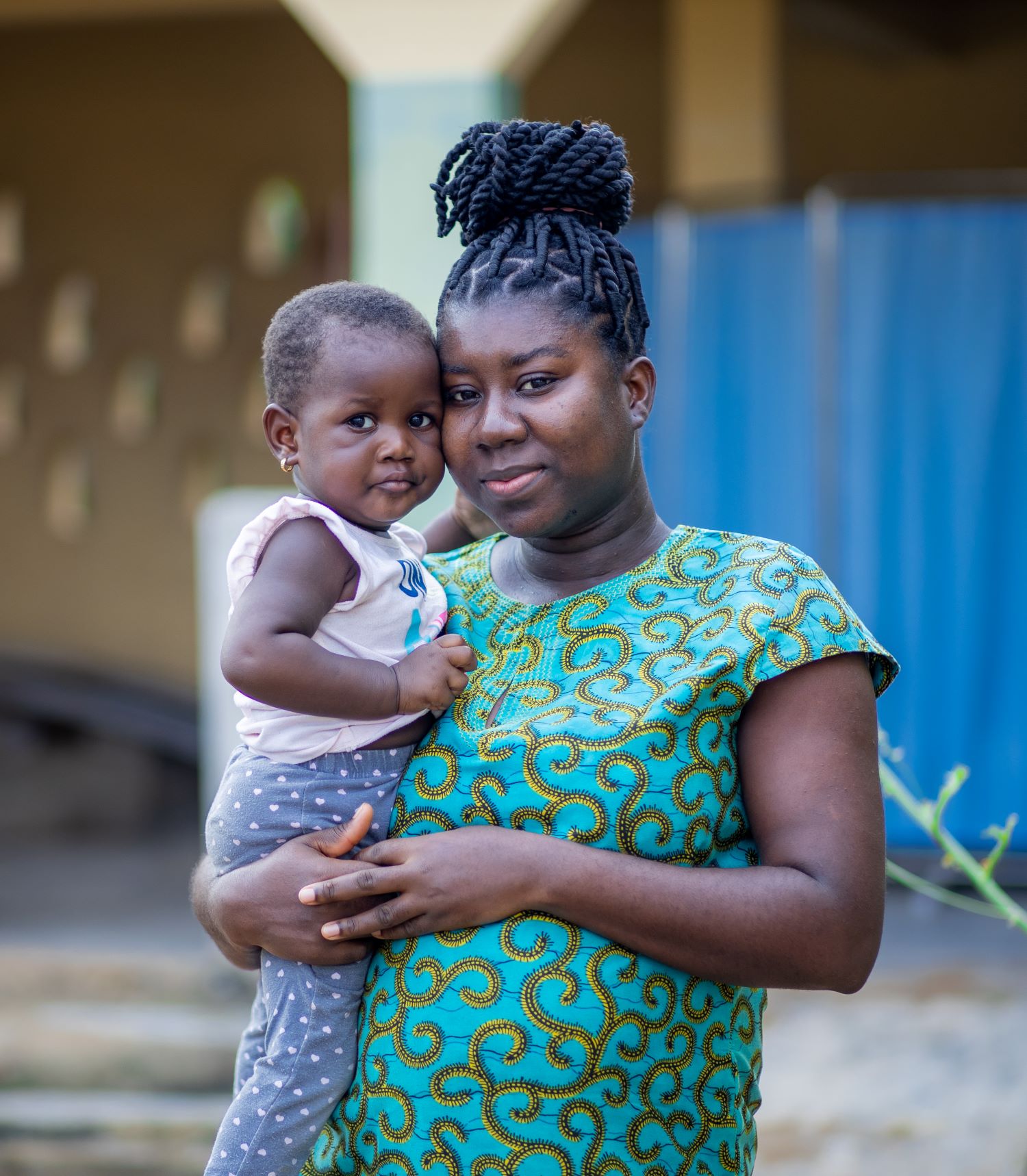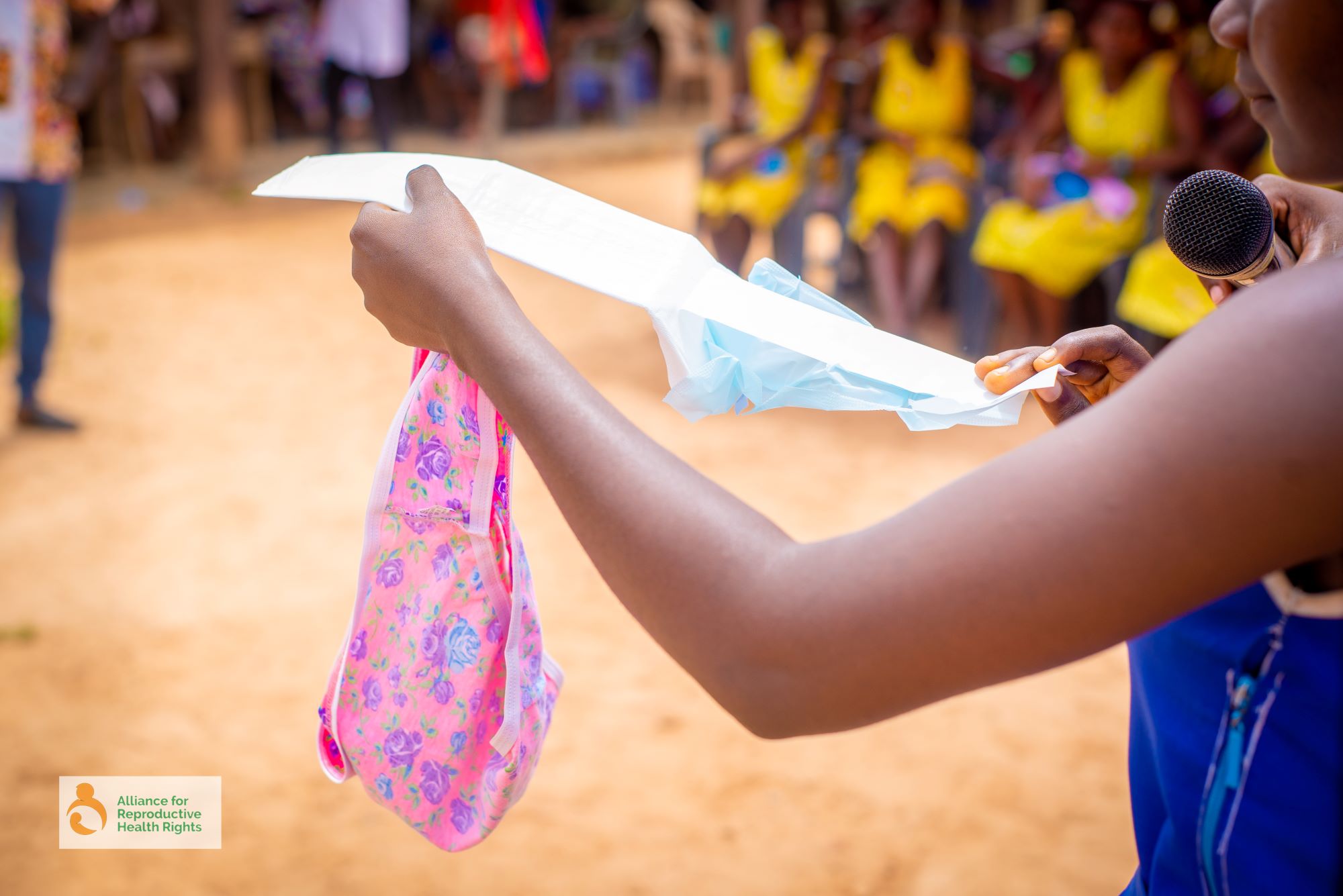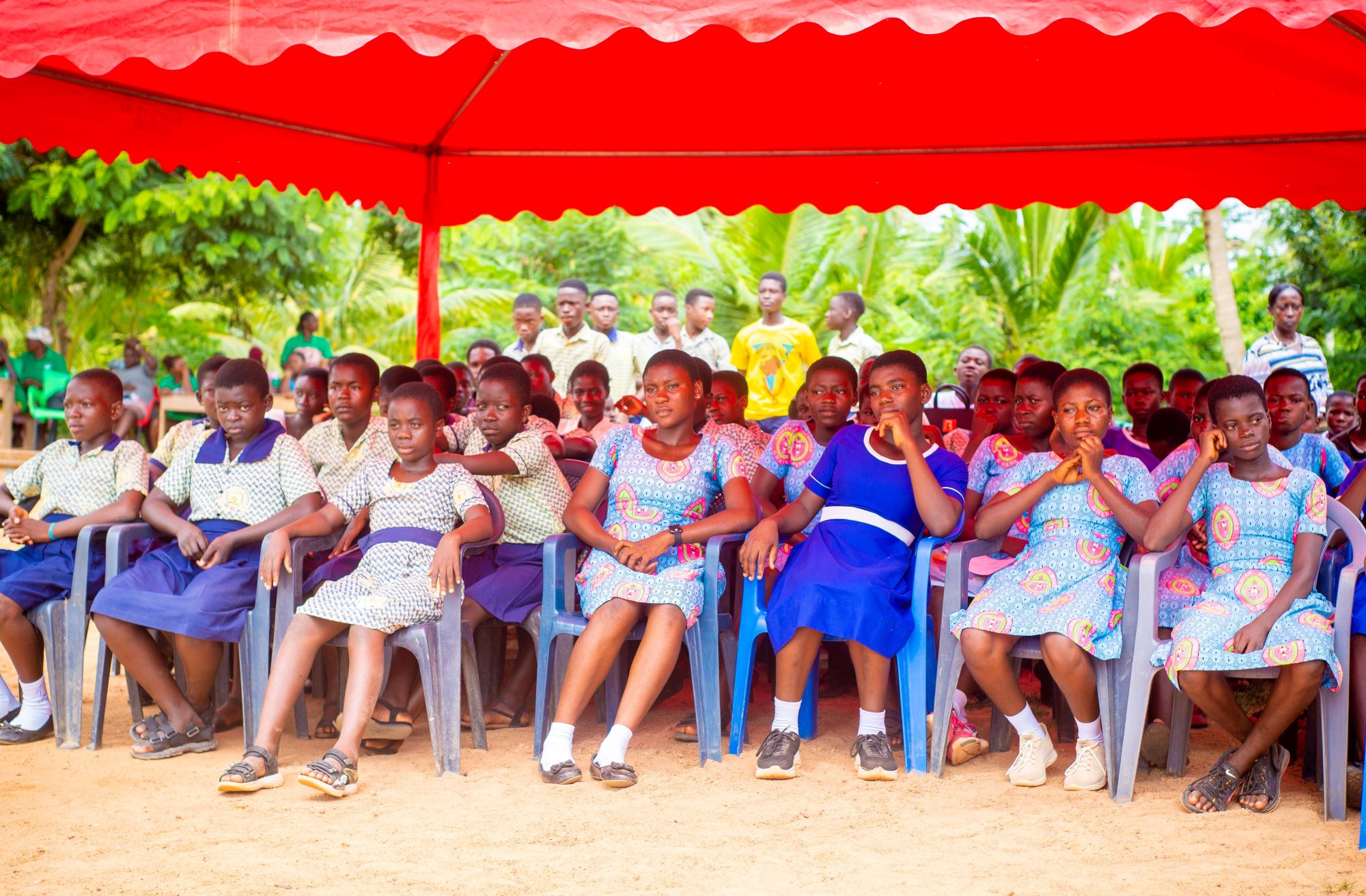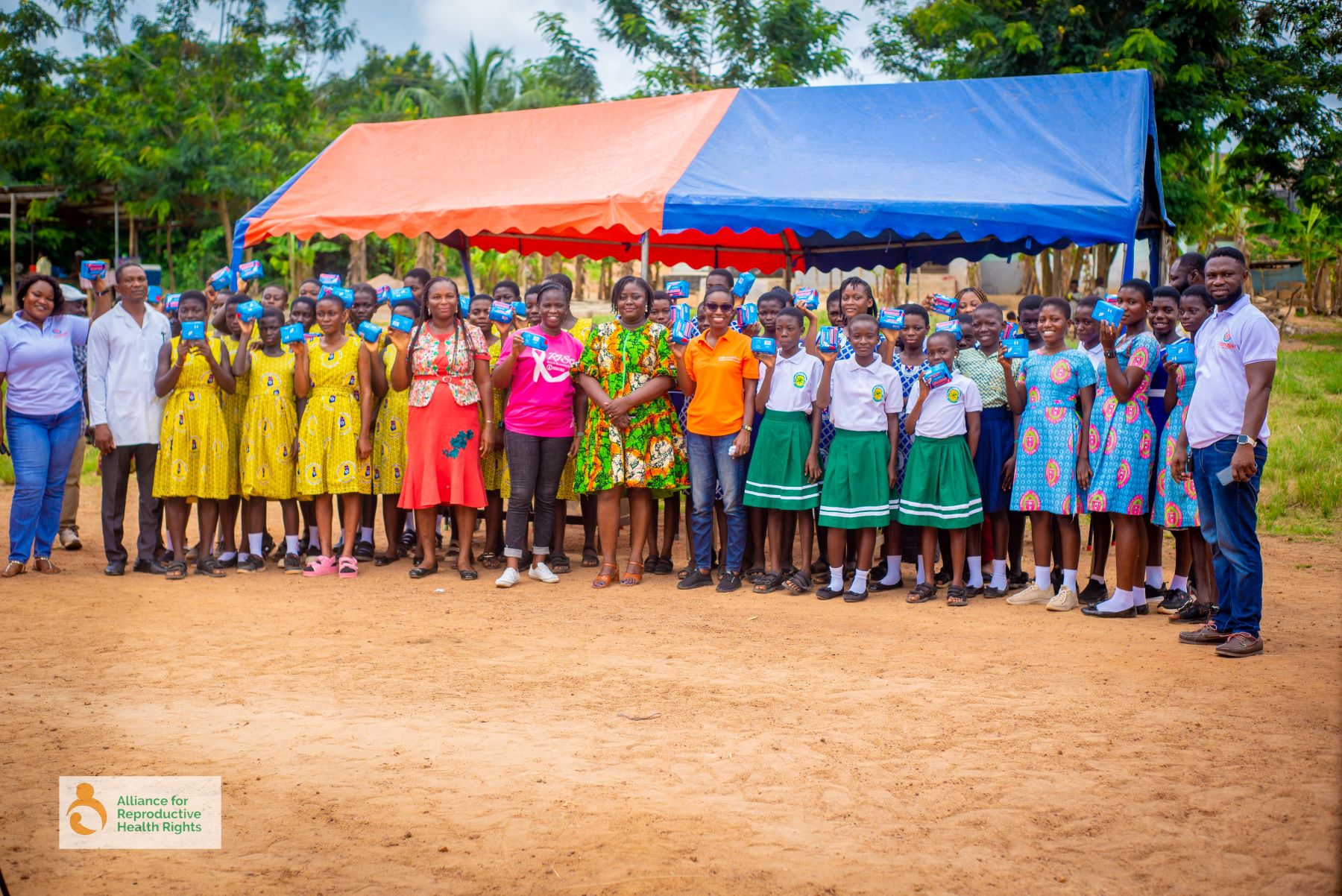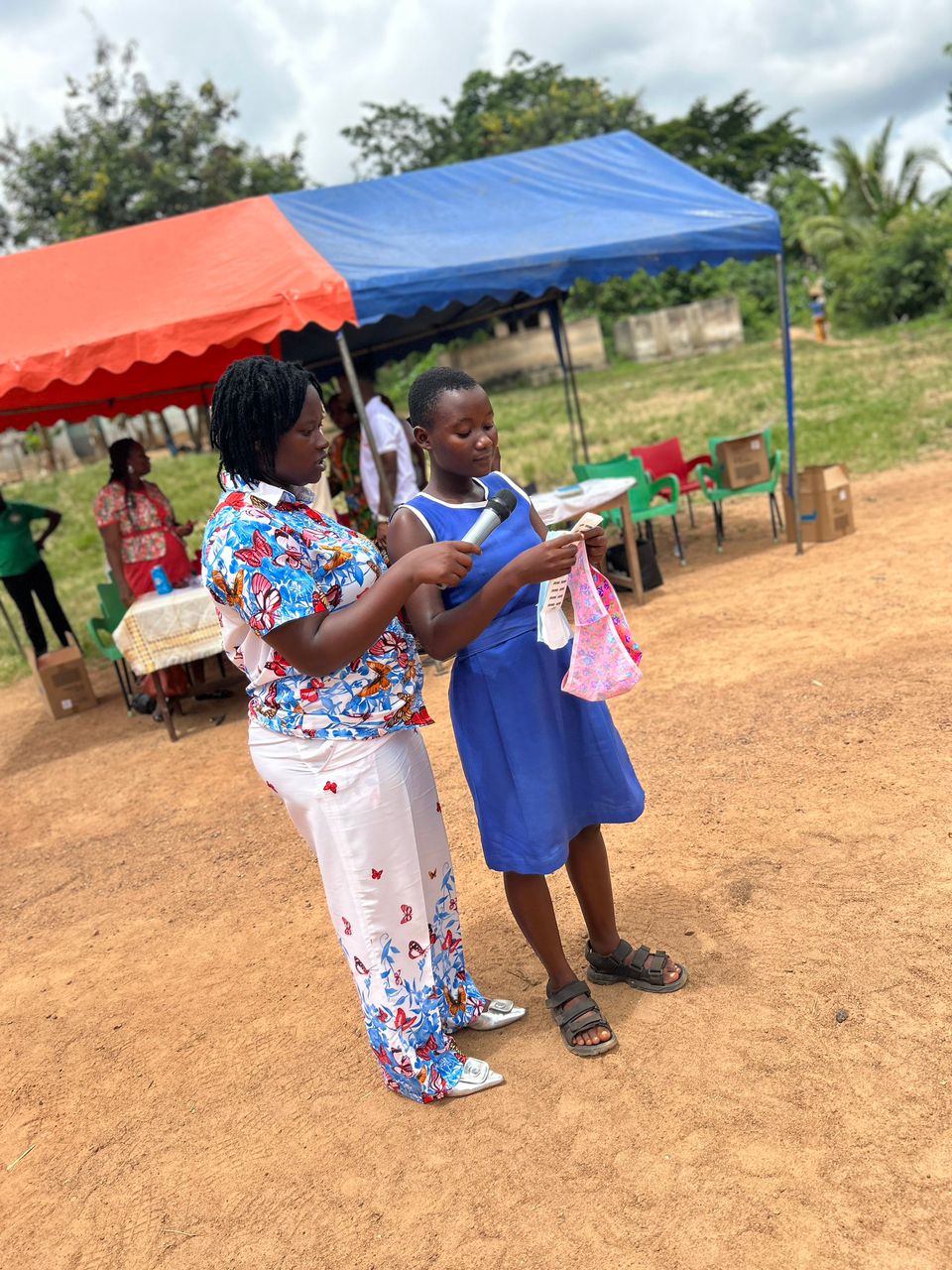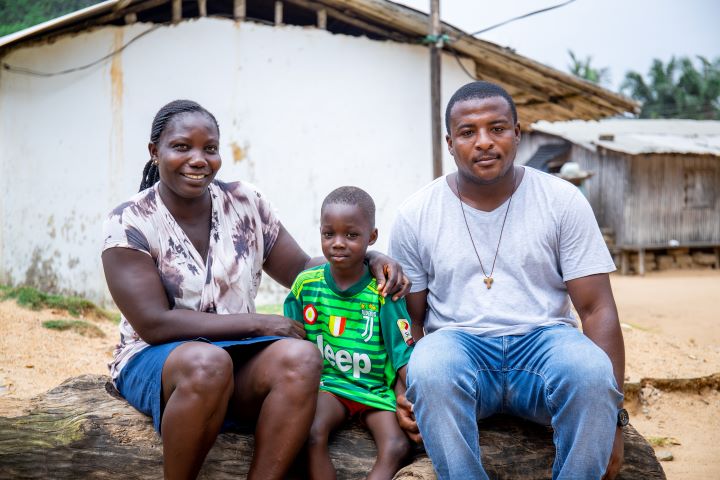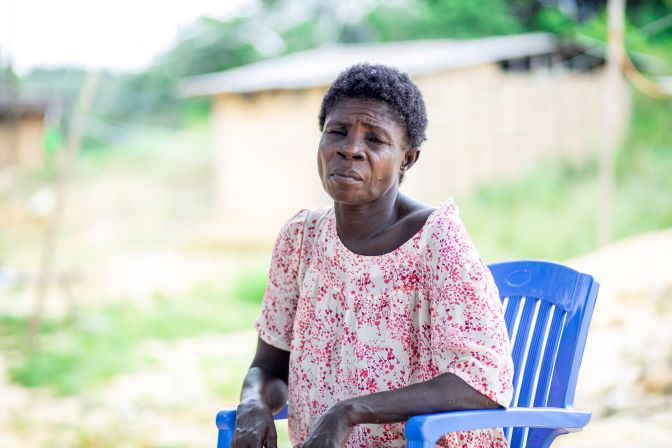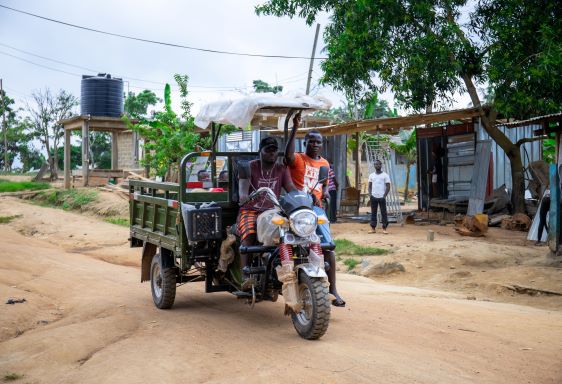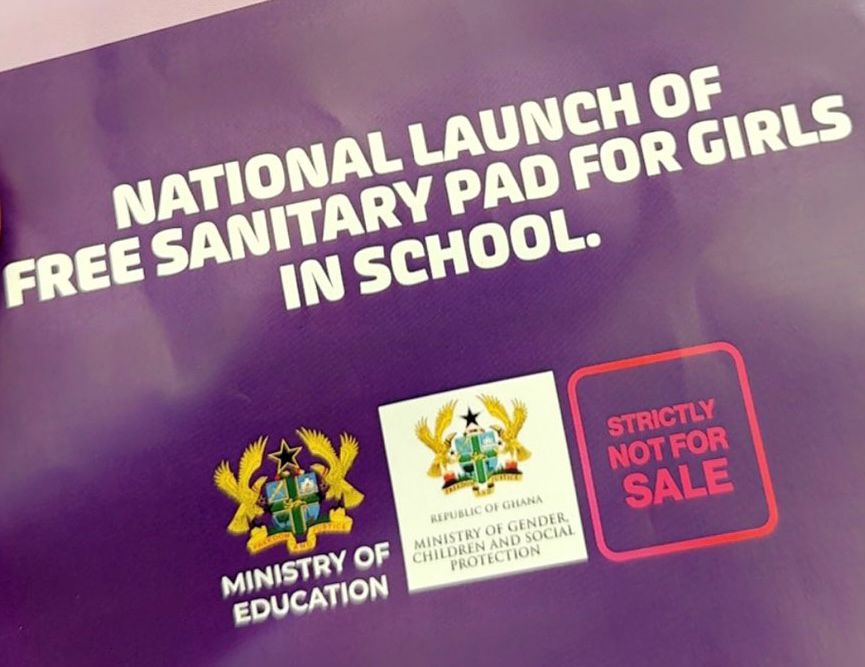If One Pint Can Save a Life, Why Aren’t We Donating More?
During the moments of childbirth, emergencies can strike without warning. For many women in Ghana, the joy of bringing life into the world can quickly turn into a desperate fight to survive simply because a unit of safe blood is not available. This year’s World Blood Donor Day, under the theme “Give Blood, Give Hope: […]

